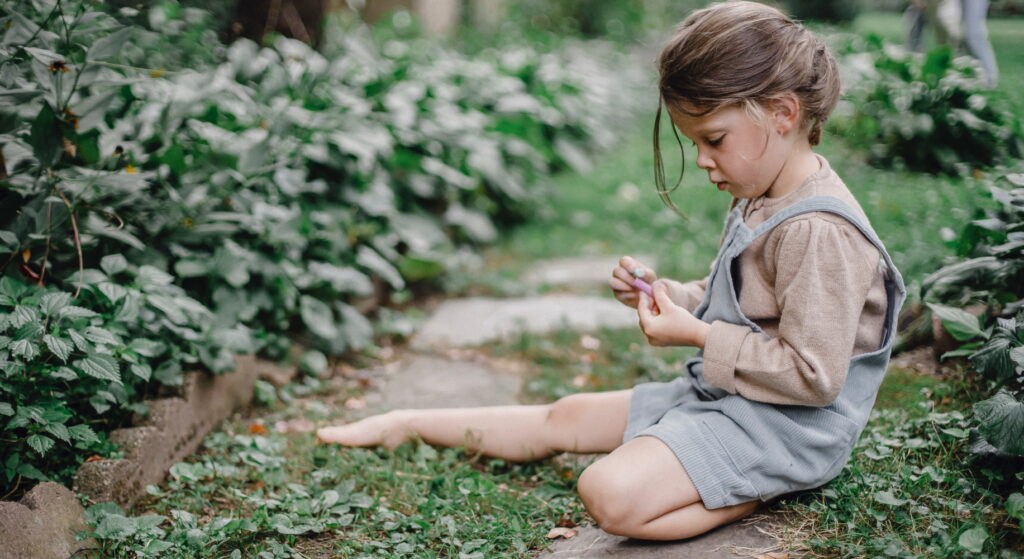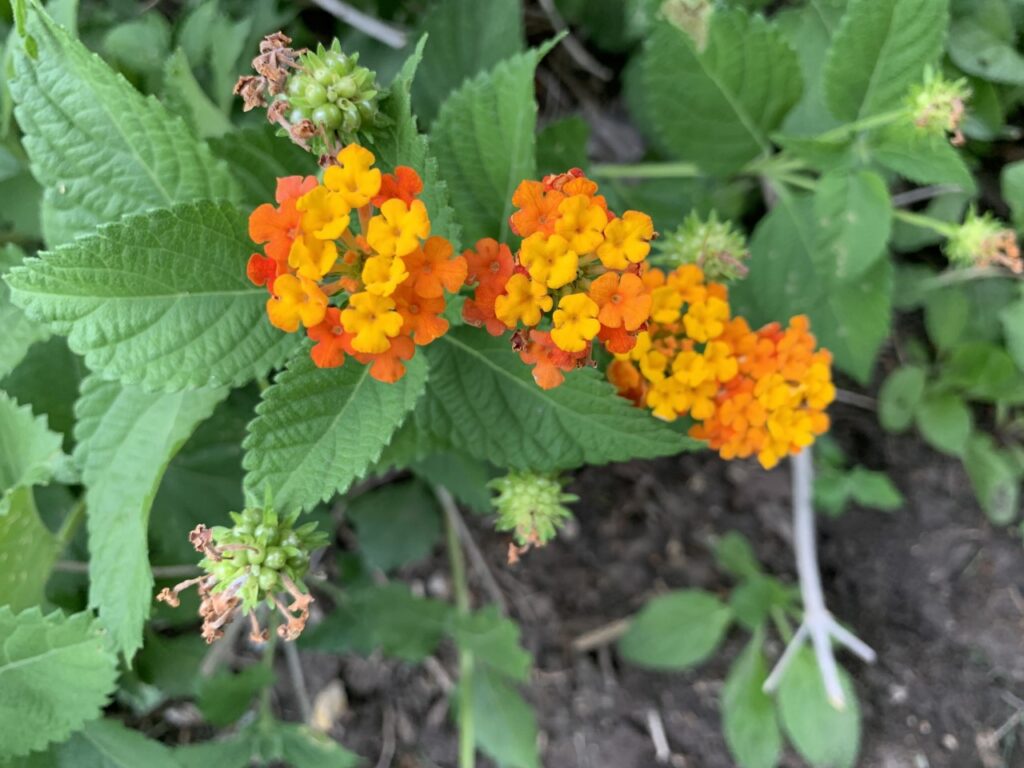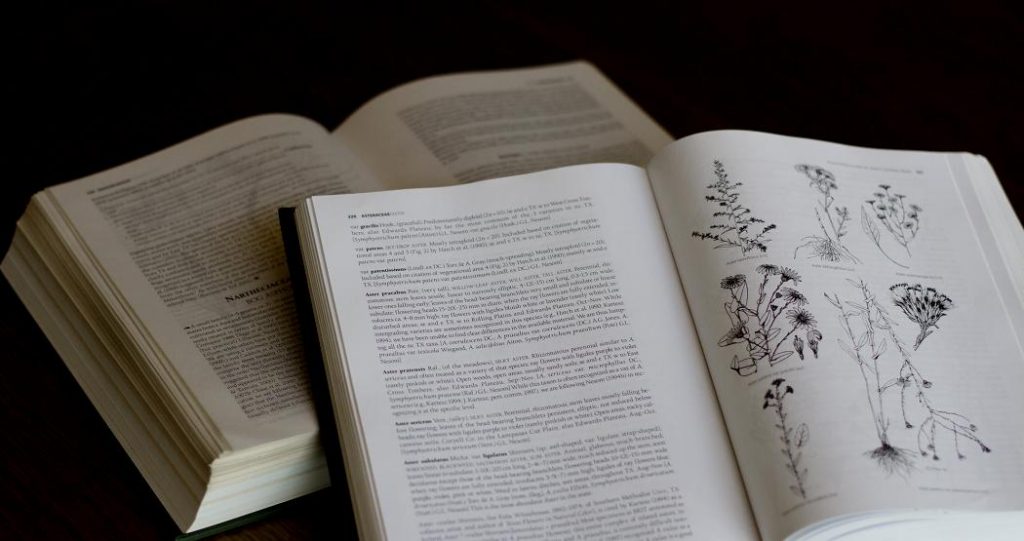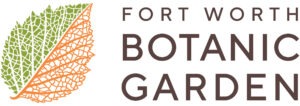Teach Observation Skills this Summer with Three Simple Prompts: I Notice, I Wonder and This Reminds Me

The scientific method begins with observation, yet observation isn’t often taught. Parents and teachers assume that students know how to observe without explaining that observing isn’t simply looking. It’s a way of engaging with the natural world that employs multiple senses, draws on existing knowledge and raises questions for further discussion. Learn more about how to teach your children how to observe.
Join the FWBG | BRIT Reads Book Club for Lively Discussions of Books about the Natural World

If you love nature, love to read, and love to discuss reading about nature with like-minded companions, consider joining the FWBG | BRIT Book Club. You’ll find a community of readers who enjoy in-depth conversations about botany, biology, ecology and the natural world.
Learn How to Stop the Spread of Invasive Plants through Smart Shopping and Native-Friendly Gardening

Readers of this newsletter are savvy and environmentally aware—most know that invasive plants threaten the environment and native plants support a healthy ecosystem. But it’s not always easy. You might go to your local garden center looking for a native plant like lantana, take it home and plant it in your garden. You’ve done a good thing, right? Maybe. Maybe not. How do you know that the variety of lantana you purchased is native lantana?
BRIT Press Celebrates 60th Anniversary of Publishing Botanical Discoveries and References

Publication is an essential step in the scientific process. Discoveries are considered unofficial until they have been reviewed by fellow scientists and published in journals. Through publication, scientists learn about new findings and debate new ideas. This year, BRIT Press celebrates the 60th anniversary of fulfilling this critical role in botany.
